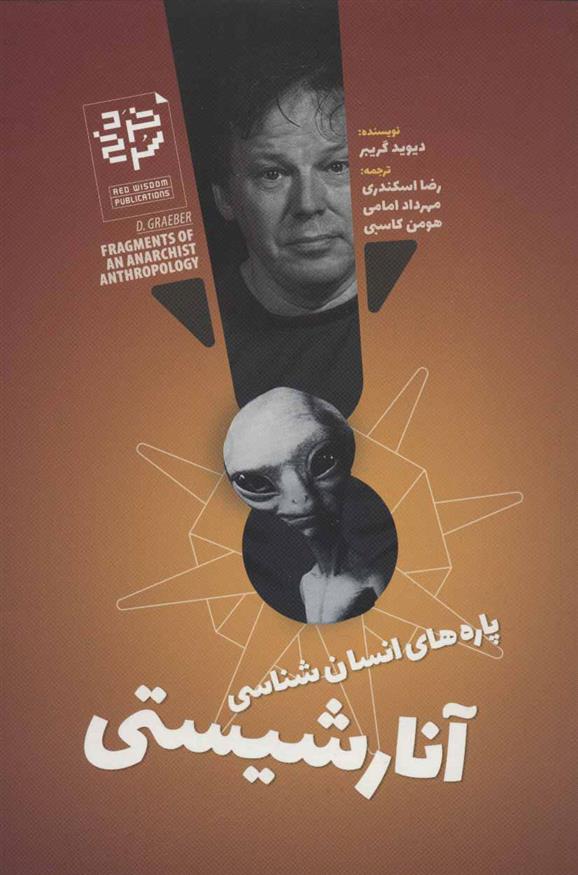
Instead, it is more about a particular attitude, even a faith that is shared among anarchists (Ibid: 4). Graeber is able to observe the strange affinity between anthropology and anarchism in Fragments because in his version, anarchism is not about a body of theory bequeathed in the 19th century by “founding figures” such as Bakunin, Kropotkin and Proudhon that one would have to adopt wholesale. Graeber himself was fascinated by this, the range of human possibilities in the past and the present, which could unravel the seeming inevitability of our current social and political institutions, while grounding hope for living collectively with greater freedom in more egalitarian arrangements. He observes “there was something about anthropological thought in particular-its keen awareness of the very range of human possibilities-that gave it an affinity to anarchism from the very beginning” (Ibid: 13). In Fragments, Graeber explores what he names the “strange affinity” between anarchism and anthropology (Ibid: 12). This is characteristic of Graeber: the desire to render social theory-particularly anthropology-usefully interesting to radical movements, and radical movements-particularly anarchism-useful and interesting to social theory.
#Fragments of an anarchist anthropology free
Broadly, Fragments seeks to outline a body of radical theory that would, in Graeber’s words, “actually be of interest to those who are trying to help bring about a world in which people are free to govern their own affairs” (Ibid: 9). I will therefore limit myself to sketching some basic elements of the kind of social theory that Graeber is proposing in this spirited text. The pamphlet is impossible to summarize and discuss fully in twenty minutes, especially since in hindsight, it bears the seeds of many of the major arguments Graeber was to develop later in life.
#Fragments of an anarchist anthropology series
Graeber calls it a pamphlet, “a series of thoughts, sketches of potential theories, and tiny manifestos” (Graeber 2004: 1). Published in 2004 in the inspirational context of a veritably exploding anarchism around the world, David Graeber’s Fragments of an Anarchist Anthropology (referred to here on as Fragments) is a tiny and mighty, genre-defying text. Graeber calls it a pamphlet, “a series of thoughts, sketches of potential theories, and tiny manifestos”





 0 kommentar(er)
0 kommentar(er)
